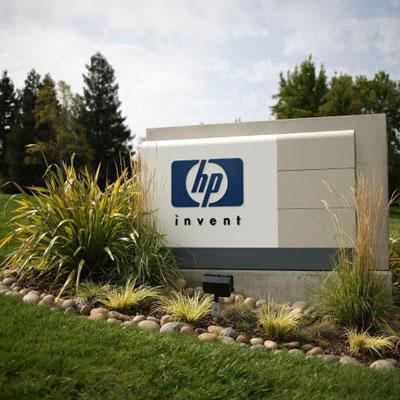10 Cloud Predictions For 2013

New Clouds Take Shape
There was no doubt in 2012 that cloud computing offered organizations a new and better way to manage their IT assets. Thousands of businesses and organizations made arrangements to move their It assets to the cloud.
Whether it was huge enterprises, government agencies or small websites, the business benefits of the cloud were clear, and vendors sprung up to satisfy their needs.
In 2013, the rush to the cloud will be different. More vendors and solution providers will compete to offer customers services with more reliability, lower prices, better management and easier use. This year, the cloud will become widespread and used in revolutionary ways we didn't imagine a short time ago.
Continue on and see what we think will happen in 2013.

Amazon Changes Its Ways
Stung by continued outages that cut service to customers, including a highly publicized Christmas disruption that caused Netflix to go down, Amazon Web Services will appoint a Chief Reliability Officer.
The company will also designate tens if not hundreds of millions of dollars to upgrade its cloud infrastructure, particularly overhauling of its Northern Virginia facilities where its three 2012 outages occurred.

Everybody Gets A Private Cloud
Businesses are ready to move to the cloud, but on their own terms. As a consequence, they are taking advantage of the myriad private cloud options now being adopted. Public clouds, offered by leaders such as Amazon Web Services, will continue to be popular, as will mixed private and public clouds.
But the private model, where core assets are held and managed on-premise, will be the growth model in 2013 as providers rush forward to serve the market.

OpenStack, CloudStack Come Together
The OpenStack Foundation will enter into a cooperative agreement with cloud open-source rival CloudStack, and both organizations will develop closer relations with Amazon Web Services.
In April, cloud services vendor Citrix left OpenStack and placed its own cloud orchestration software, CloudStack, with the Apache Software Foundation. OpenStack, co-founded by Rackspace and NASA, announced its independence as the OpenStack Foundation in April.
But with so much demand for cloud services and so many intermediaries stepping up to fill this demand, seamless interoperability is the order of the day and cloud vendors will demand that any barriers to cloud building come down.

Government Gets On Board
In 2012, federal, state and local governments began to move toward cloud computing as they realized the cost savings it could achieve.
This trend will gain steam in 2013 as agencies rush to take advantage of cloud hosting. In response, system integrators and other solution providers in the government space will retool their business to provide cloud services.

Hewlett-Packard Moves Radically To The Cloud
Hewlett-Packard, which designated its Converged Cloud strategy a top priority in September, will make noise in 2013 by moving as much of its business as possible to a cloud services delivery model.
HP CEO Meg Whitman is trying to breathe life into the tech giant following a series of difficulties in 2012, and she is counting on growth from the company's cloud computing segment.
HP set up an internal division in September to unify several disparate units that handled cloud products and services that, according to an internal memo, "will work across HP's various cloud initiatives to drive a unified Converged Cloud portfolio, architecture, product/solutions, and delivery framework, while building a central products/engineering and technology team to accelerate the delivery of HP's cloud solutions to market."

New Storage Strategies
Leading cloud storage vendors Amazon Web Service, Google and Dropbox engaged in a price war in the waning months of 2012 in an attempt to capture market share.
Bargain basement prices can only mean greater adoption of cloud storage, changing the way storage is used and sold.

SMBs Move To The Cloud
SMBs have cited security, complexity and cost as reasons to stay hesitant about delving into cloud services.
But new cloud services now offered to them by vendors such as HP, Microsoft, Oracle, IBM and cloud solution providers will draw them to the cloud this year.

The Cloud Will Cause An International Incident
Chinese hackers have been attacking Internet-based companies, particularly Google, for several years.
But as cloud services providers extend their reach globally, it seems inevitable that future attacks will hurt more American companies and prompt government officials to respond publicly, making the global reach of the cloud an international issue.

From IaaS To PaaS
In 2012, infrastructure-as-a-service providers led the development of cloud computing as Amazon Web Services, Rackspace, Terremark and others offered customers access to hosting and computing.
In 2013, platform-as-a-services providers such as RightScale, Engine Yard and Heroku will take on greater importance as businesses seek greater sophistication to handle increasingly complex IT workloads migrating to the cloud.

Solution Providers Finally Become Cloud Brokers
This will be the year that solution providers capitalize on the opportunity presented by the cloud to become brokers to move businesses to a hosted IT environment.
The proposition that solution providers can become cloud brokers is not new, but an IDC study commissioned by Microsoft and released in late December 2012 confirmed it as fact. The study said demand for "cloud-ready" IT workers will increase by 26 percent yearly through 2015, with up to 7 million cloud-related jobs opening up worldwide.